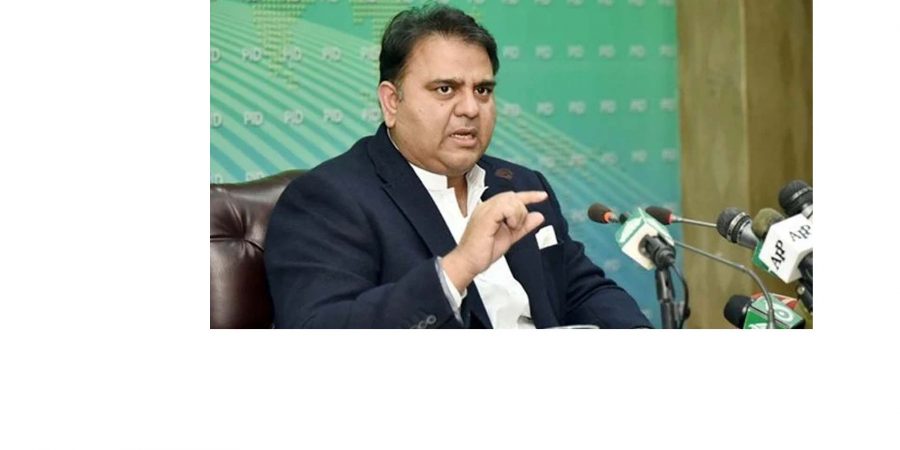Pakistan to produce affordable rape kits: Fawad Chaudhry

Legitimising violence won’t end rape, said Federal Science and Technology Minister Fawad Chaudhry in the National Assembly on Tuesday. He is against public hangings for rapists.
The minister’s reasoning is that there is no point in talking about increasing punishments for rapists when Pakistan can’t even convict rapists. He said the country’s conviction rate in rape cases is 5%.
The Lahore-Sialkot road incident hurt the entire country, we’re sad and we’re angry, he said, referring to the rape of a woman in front of her three children on September 9.
People want public hanging but there is a lot of anger in this demand, he said. Despite dozens of cases like this, we see no end to them, he said.
We remember them for 10 days, 15 days, a month and then we forget and wait for the next case, said Chaudhry.
He said people have demanded public hangings as a solution to rape cases.
There are 5,000 reported rapes in Pakistan every year, he said, and if we were to count the unreported rapes there would be thousands more. There is a 5% conviction rate. In 2019, Chaudhry said there were 3,881 cases, which is 581 more than 2018. If those, 190 were gang rapes, he said.
People don’t register cases because the victims believe, whatever happened to their body has happened, but her soul will be subjected to thousands of questions from society if she does, said the minister. “They also don’t register cases because they might get a senior police official who says ‘when you left your house why didn’t you check your fuel’,” he said.
One suspect in the Lahore motorway rape case, Abid, was arrested for rape earlier but reached a compromise with the victim and let go. “The concept is strange. First the rape, then the police, then the MLR doctors, then lawyers and judges. After years of this, your brain will tell your heart to let it go,” he said.
Section 375 of the Penal Code deals with rape and Section 376 prescribes the death penalty for it, he said. We have eight more laws for women’s safety, not to mention a number of international conventions we’re part of but all of them together can’t stop rapes, he said.
“If public hangings stopped rapes, then it would be easy,” said Chaudhry. Zainab’s rapist was hanged in two weeks, he said. But let’s not forget Mudassir, a man accused of the rape who was stoned to death by a mob who later found out he was innocent, he reminded.
“Incidents aren’t getting controlled. We are getting more violent, we always were, but it’s getting worse,” said Chaudhry.
The only way to stop rapes is to strengthen the criminal justice system–the police, medical, court and jail. We need reforms, he said.
Pakistan’s rape conviction rate is 5%, he repeated. “If it was 80% then we could talk about increasing punishments. But we aren’t even convicting them, people get away, then it is not the issue of punishment. We have to convict them. Everything else irrelevant.”
One suggestion he made was to have trained women officers investigating rape cases with male officers assisting them. Another issue is rape kits. The imported ones are expensive and therefore inaccessible. “We hope to begin a concentrated programme to produce our own forensic kits in the next few months,” Chaudhry announced.
Pakistan also needs a criminal registry, he said. “We are sitting on two goldmines of data– 200 million ID cards and 150 million fingerprinted mobile phones.”
If used properly, this data can help reduce rape and increase convictions, he said.
Judges also need to be trained, he said. We cannot reach compromises for rape cases, he said. “Legitimizing violence will not solve the matter.”
Related News

Islamabad court issues arrest warrant for KP CM Gandapur
ISLAMABAD: A district and sessions court in Islamabad on Saturday issued arrest warrants for KhyberRead More

PAF’s JF-17C, C-130 clinch top awards at UK airshow
LONDON, JUL 19: Pakistan Air Force (PAF) aircraft, JF-17C Block III aircraft and C-130 Hercules,Read More


Comments are Closed